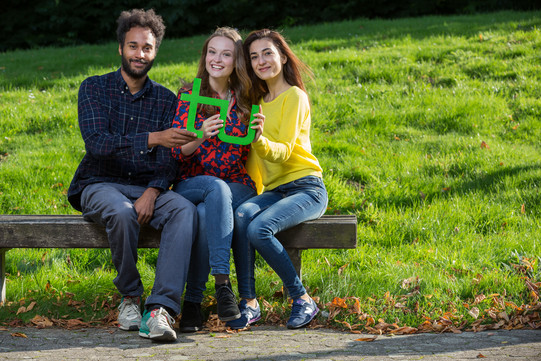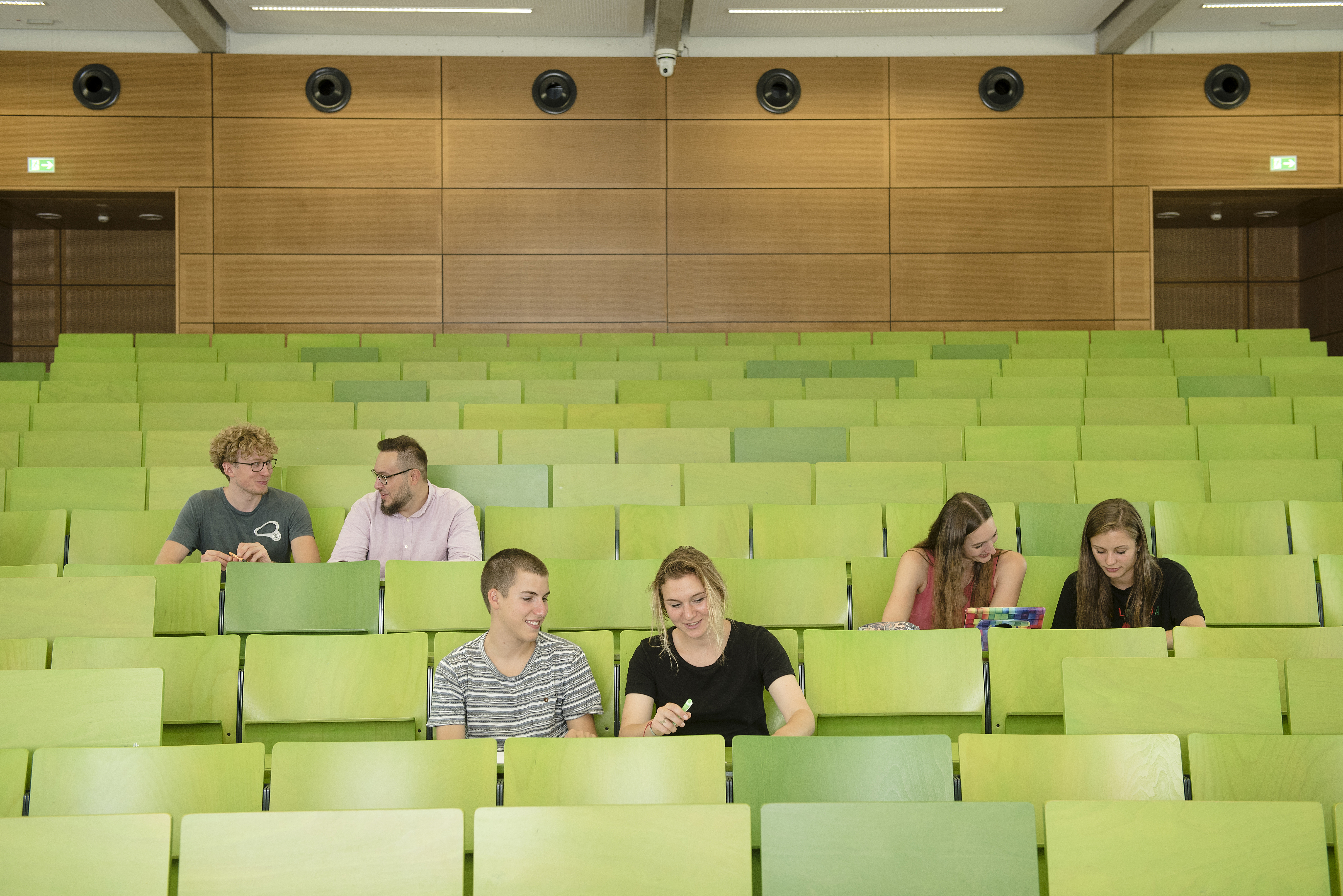About us
Profile
In the present time, migration processes have become increasingly important. The reasons for, patterns of as well as the consequences of cross-border mobility are highly diverse and so are the people who migrate across borders. For many students, for example, a stay abroad is part of a successful curriculum vitae. Others migrate to find a better job perspective or because they are threatened by poverty or persecution in their countries of origin. All of these different migration patterns are inextricably linked to social inequalities. On the one hand, they are a powerful symbol of global inequality and an important means for many people to improve their life chances. On the other hand, migration processes can also reinforce inequalities, for example between regions of origin or between those who migrate and those who do not get the chance to do so. At the same time, it is also evident that migration can be a risky endeavor from which not everyone can benefit equally or improve their life chances in the way they had hoped.
In this context, the Working Group of Sociology of Migration deals with the following questions: Why do some people migrate and others do not? What do people expect from their migration? Under what circumstances are people able to meet their expectations of migration? How do migrants maintain their contacts with family and friends in their country of origin and what is the significance of these contacts for their lives? Who can, must or must not migrate? These and other questions are addressed by the sociology of migration teaching and research department, primarily from the perspectives of a sociology of culture and inequality.


